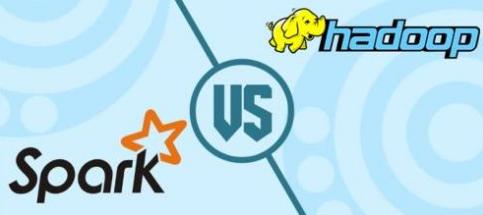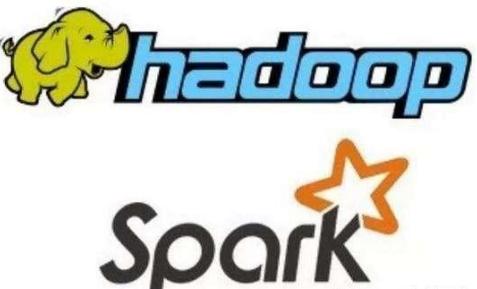The Difference Between Spark and Hadoop
by Miles Warren
March 26,2021
Spark has replaced Hadoop as the most active open source big data project. But when choosing a big data framework. Companies should not discriminate.
Bernard Marr, a famous big data expert, recently published an article. The similarities and differences between Spark and Hadoop are analyzed.
Both Hadoop and Spark are big data frameworks. They all provide some common big data task execution tools. Although they do not perform the same tasks. They are not exclusive to each other.
Allegedly, in certain situations, Spark is 100 times faster than Hadoop. But it doesn't have a distributed storage system.
Distributed storage is the foundation of many big data projects today. It can store petabytes of data sets. And it is stored on an almost unlimited number of hard disks on ordinary computers. It also provides good scalability. You just need to increase the hard disk as the data set grows.

So Spark needs a third party distributed storage. And that's why. Many big data projects have Spark installed on Hadoop. This allows Spark's advanced analytics application to consume the data stored in HDFS.
Compared to Hadoop. The real strength of Spark is speed. Most of Spark's operations are in memory. Hadoop's MapReduce system writes all the data back to physical storage after each operation. This is to ensure a full recovery in the event of a problem. Spark's elastic distributed data storage enables this as well.
Also in the advanced data processing. Spark does more than Hadoop. This and its speed advantage are the real reasons for Spark's growing popularity.
Real-time processing means efficiency. Data can be submitted to an analytical application at the instant of capture. And get immediate feedback. In a variety of big data applications. The use of this treatment is increasing. Such as the recommendation engines used by retailers. And industrial mechanical performance monitoring in the manufacturing industry.

The Speed and streaming capabilities of the Spark platform are ideal for machine learning algorithms. This kind of algorithm can learn and improve itself. Until an ideal solution to the problem is found.
This technology is at the heart of the most advanced manufacturing systems. It's also at the heart of driverless cars. Spark has its own machine-learning library, MLib. Hadoop systems rely on third-party machine learning libraries. Such as Apache Mahout.
There is actually some overlap between Spark and Hadoop. But they're not commercial products and there's no real competition. Such free systems provide technical support to profitable companies. They tend to offer both services.
Cloudera, for example, provides both Spark and Hadoop services. And will provide the most appropriate advice according to the customer's needs.
Spark has grown rapidly. But its security and technical support infrastructure are still in its infancy. It's still underdeveloped. Spark has become more active in the open-source community. This shows that enterprise users are looking for innovative uses of stored data.
